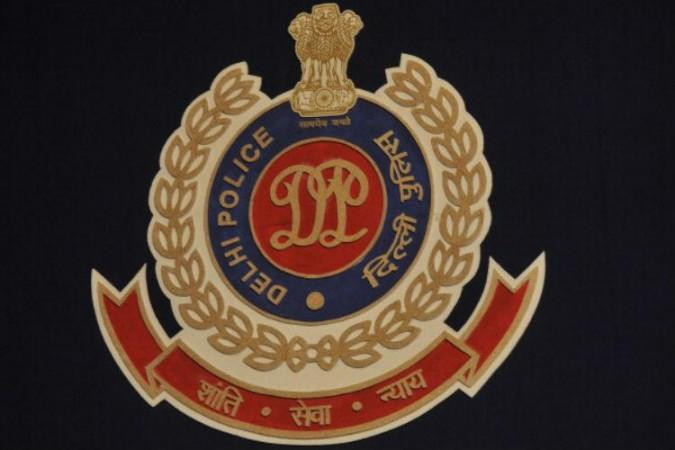Following the arrests of Nikita Jacob, Disha Ravi and Shantanu in the toolkit case, the Delhi Police said that they have finally received replies from Google in response to their communication seeking details about the document related to the farmers' protest that is still underway at the borders of the national capital.
Without divulging much detail, the police, during a press conference, earlier on Monday, said, "We have got reply from Google on some of the questions regarding the toolkit document."
The information document, related to the digital campaign conducted by supporters of the farmer's protest conducted on January 26, gained global attention after it was shared by Swedish social activist Greta Thunberg on her social media which she later deleted.

How Google secures user information
The Delhi police, last Friday, had sent a letter to Google seeking registration details and activity log of the account through which a 'toolkit' related to the farmer's protest was created and uploaded on the social media platform.
Now, it should be noted that since Google is a US-based company, it operates under the US laws. However, if any authority makes any request from outside the US territory then it requires them to follow all necessary laws in order to seek the user information.
In terms of the US law, the company says the access and disclosure to any information is permitted only if the request satisfies the Electronic Communications Privacy Act (ECPA).
They say they carefully review each request to make sure it satisfies the laws and if a request asks for too much information, then the company tries to narrow it. In some cases, Google even objects to producing any information at all.
In case, the information related to the user is a threat to the national security of any particular country then the US government may use a National Security Letter (NSL) or one of the authorities granted under the Foreign Intelligence Surveillance Act (FISA) to urge Google to provide user information. The letter doesn't require any judicial authorization, instead can be used to compel electronic surveillance and the disclosure of stored data, including content from services like Gmail, Drive, and Photos.
Disrupting peace through digital platform

Meanwhile, matters related to civil and administrative cases, the company requires a subpoena to seek disclosure of basic subscriber registration information and certain IP addresses, whereas, in criminal cases, a court order is needed for the disclosure of non-content records, such as the To, From, CC, BCC, and an additional search warrant to seek the content of communications, such as email messages, documents, and photos.
As per reports, the Delhi police had asked for details regarding two e-mail IDs, one Instagram account and one Uniform Resource Locator (URL) as founded in the toolkit.
On Thursday, the Cyber Cell unit of the Delhi Police had lodged an FIR against "pro-Khalistan" creators of the "toolkit" for waging a "social, cultural and economic war against the Government of India".
Deputy Commissioner of Police (Cyber Cell) Anyesh Roy had sought information from Google as well as other entities about people who created these accounts and uploaded these documents including the toolkit that was uploaded through Google doc and later shared on Twitter.
According to Delhi police officials, initial investigation suggested that the document was chalked out by the three arrested persons, along with a pro-Khalistan group, named ''Poetic Justice Foundation''. A Canada-based woman, identified to Puneet, was the one to collaborate all of them together for the purpose.















